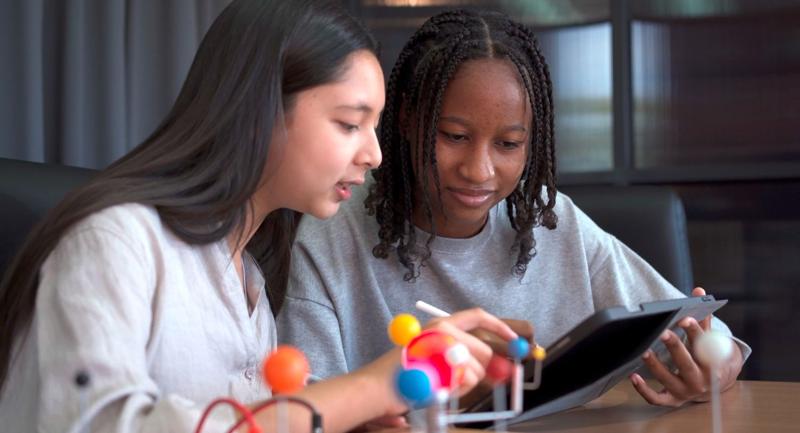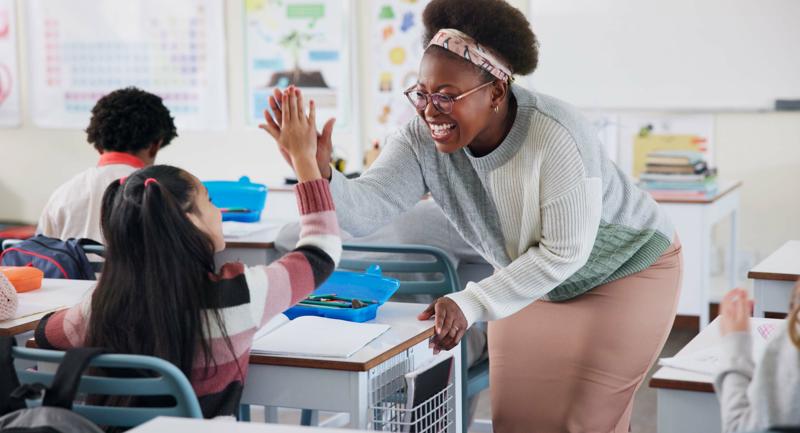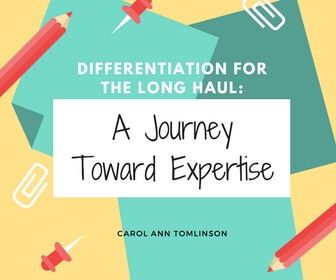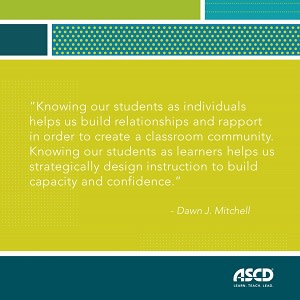Educational Leadership received the following letter in response to Bryan Goodwin's article "Zombie Ideas in Education" in the May 2021 issue.
I feel that Bryan Goodwin is ill-advised to consign Learning Styles theory to a "zombie idea." Many researchers would disagree with him. In fact, the contemporary educational practice of Universal Design includes learning styles as an essential component, as we endeavor to make learning materials available and meaningful for all students. Noted authority Sheryl Burgstahler asserts, in "Universal Design in Education: Principles and Applications," that Universal Design makes education more accessible for a wide variety of students, taking into consideration their gender, race and ethnicity, abilities and disabilities, and learning styles. In addition, to misunderstand all learning styles and differences as merely "preferences" is to ignore the needs of those students who have legal documentation of their learning disabilities.
I have addressed a variety of learning styles as part of Universal Design in English courses in composition and literature at the secondary level, in community college, and in university evening programs. As instructors, we can combine our oral presentations with supportive visuals, varying from simply writing on the whiteboard to showing YouTube clips to meet the needs of both auditory and visual learners. We can alternate large and small group discussions to give opportunities both to the confident contributors and to those who do best in a quieter setting. We can encourage student presentations accompanied by anything from a handout to a student-produced video to accommodate a variety of hands-on learning skills and abilities. High levels of student achievement and positive student evaluations of these courses have given ample evidence of the effectiveness of such practices. Attention to varied learning styles not only makes learning more accessible for everyone, but to counter Mr. Goodwin, it does, in fact make it better.
Many classrooms today contain students with a wide variety of characteristics, as noted above by Burgstahler. By including a variety of learning styles among our lesson plans and techniques, we not only make material accessible to students through their areas of strength, but also help them to use and strengthen their weaker areas. This is a win-win strategy for instructors and students. Learning styles theory, and its applications in the classroom setting, help to make learning available to everyone. Mr. Goodwin should, certainly, support that goal.
—Helen B. Ward Page, professor emerita of English
Response from Bryan Goodwin
Ms. Ward Page notes that students benefit from a variety of teaching methods, including “oral presentations with supportive visuals, varying from simply writing on the whiteboard to showing YouTube clips.” Actually, I wholeheartedly agree! In fact, I noted as much in my book, Learning that Sticks: A Brain-Based Model for K-12 Instructional Design and Delivery (ASCD, 2020). Indeed, all students benefit from visual and verbal presentation of information. That’s because our brains are actually hardwired to absorb more information when we receive it visually and verbally. In short, we are all visual and auditory learners.
And therein lies the problem with learning styles theory. It predicts that, for example, so-called visual learners will learn best with visual teaching methods and auditory learners will learn best with oral lectures. Yet no research has emerged to validate this hypothesis, as Pashler and colleagues (2009) note in an extensive review of learning styles research. If anything, scientific studies contradict this hypothesis, finding no benefits of, for example, pairing visual or verbal learners with their preferred learning style.
My point in refuting learning styles theory is not to advocate for teachers lecturing ad nauseam to students in whole-class lectures. Rather, it’s to disabuse harried teachers from feeling they must identify every student’s learning style and tailor their learning experiences accordingly. The science of learning, in fact, shows that all students benefit from learning in a variety of ways—visually, verbally, in small groups, with whole-class debates, with hands-on experiments, or in guided and independent practice—the list goes on. Stated simply, we don’t need learning styles theory to tell us that.
—Bryan Goodwin, president and CEO, McREL International








